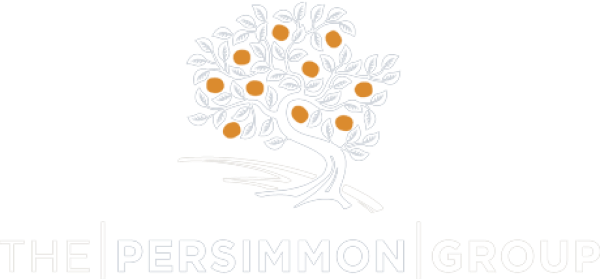Quick Links

If this question isn’t on your mind already, it probably should be. According to PMI’s 2021 Pulse of the Profession report, the highest performing organizations are “gymnastic,” which means they select the best ways of working (e.g., traditional, agile, hybrid) for what the outcomes they want to achieve on a particular project.
If you’re a Project Manager with primarily traditional (“waterfall”) project management experience, that research should get your attention. It means that if you want to build, grow, or maintain a career in Project Management, you can’t afford to ignore Agile.
But, does that mean that you should pursue a Scrum Master certification? We say, “Not so fast.” Here are some things to consider before you make that leap.
Consider This:
The “scrum master” role is not always the best transition for a project manager.
In Scrum (which is just one possible Agile framework), the Scrum Master is a team member tasked with fostering an effective and productive work environment and guiding others to understand the Scrum framework. Since Scrum teams self-organize to plan and execute their work, the Scrum Master does not have the same “orchestra conductor” role that they would on a traditional project. In fact, instead of becoming a Scrum Master, you may find that the role of Product Owner is a more natural transition for you to make.A Product Owner’s job is to maximize the value of the product. They work with stakeholders to build and refine the backlog (scope) and product roadmap (overall strategic direction.) These skills are a little closer to a traditional PM role. So before you rush to certification, be sure you think strategically about where you would best fit in an Agile environment.
CSM or PSM certification is not necessarily the best way to show you have a working knowledge of agile.
Both of these certifications are potentially strong additions to your resume. However, you may want to consider starting with a more general Agile certification like PMI-ACP. This certification demonstrates a broad working knowledge of many Agile frameworks (not just Scrum). For this reason, it may better position you as an “internal consultant” who can help your organization pick the best ways of working from a range of possibilities.
Depending on your industry, there may be better lateral skills for you to pursue.
If you’re looking to deepen your value by gaining complementary skills, Agile is one of several options to consider. You might also consider gaining expertise or certifications in organizational change management (i.e., helping prepare organizations to receive and implement changes introduced by projects). Another option is to pursue experience in Project Business Analysis, a highly complementary skill relevant to project management work (particularly in IT). Any and all of these options can serve the purpose of diversifying and enhancing your potential value to employers.
At The Persimmon Group, our best advice is to pick a career path that is both in-demand, and a good match for your unique temperament, strengths, and desires. In our nearly two decades of experience hiring and working with project managers across many sectors, trust us when we say that (all other things being equal) you will perform best in a role that you love.
Practical strategies to help you thrive in Leadership, Project Management, and more.

11 East 5th Street
Suite 300
Tulsa OK 74103
918-592-4121
888-392-7101
| Cookie | Duration | Description |
|---|---|---|
| cookielawinfo-checkbox-analytics | 11 months | This cookie is set by GDPR Cookie Consent plugin. The cookie is used to store the user consent for the cookies in the category "Analytics". |
| cookielawinfo-checkbox-functional | 11 months | The cookie is set by GDPR cookie consent to record the user consent for the cookies in the category "Functional". |
| cookielawinfo-checkbox-necessary | 11 months | This cookie is set by GDPR Cookie Consent plugin. The cookies is used to store the user consent for the cookies in the category "Necessary". |
| cookielawinfo-checkbox-others | 11 months | This cookie is set by GDPR Cookie Consent plugin. The cookie is used to store the user consent for the cookies in the category "Other. |
| cookielawinfo-checkbox-performance | 11 months | This cookie is set by GDPR Cookie Consent plugin. The cookie is used to store the user consent for the cookies in the category "Performance". |
| viewed_cookie_policy | 11 months | The cookie is set by the GDPR Cookie Consent plugin and is used to store whether or not user has consented to the use of cookies. It does not store any personal data. |